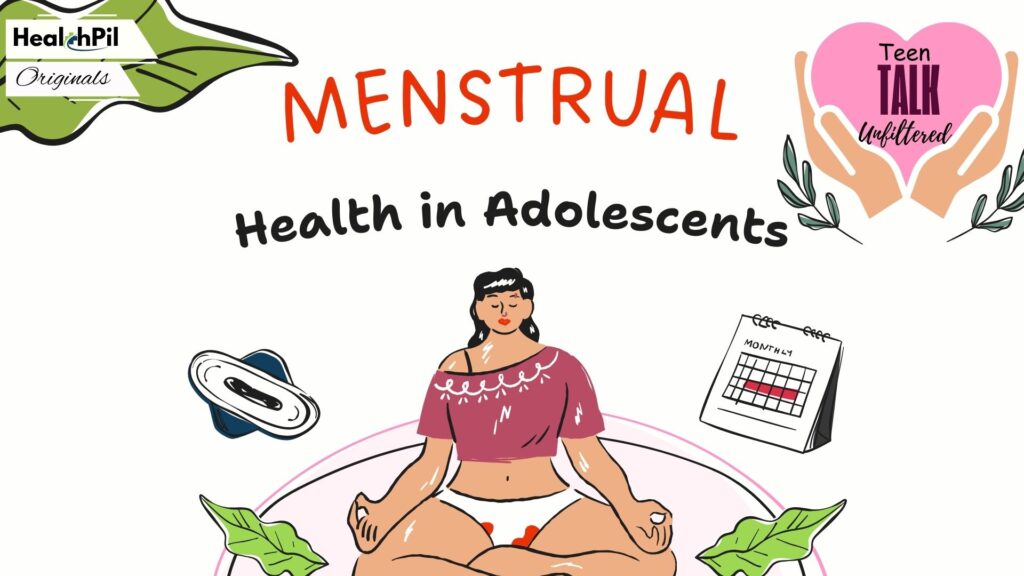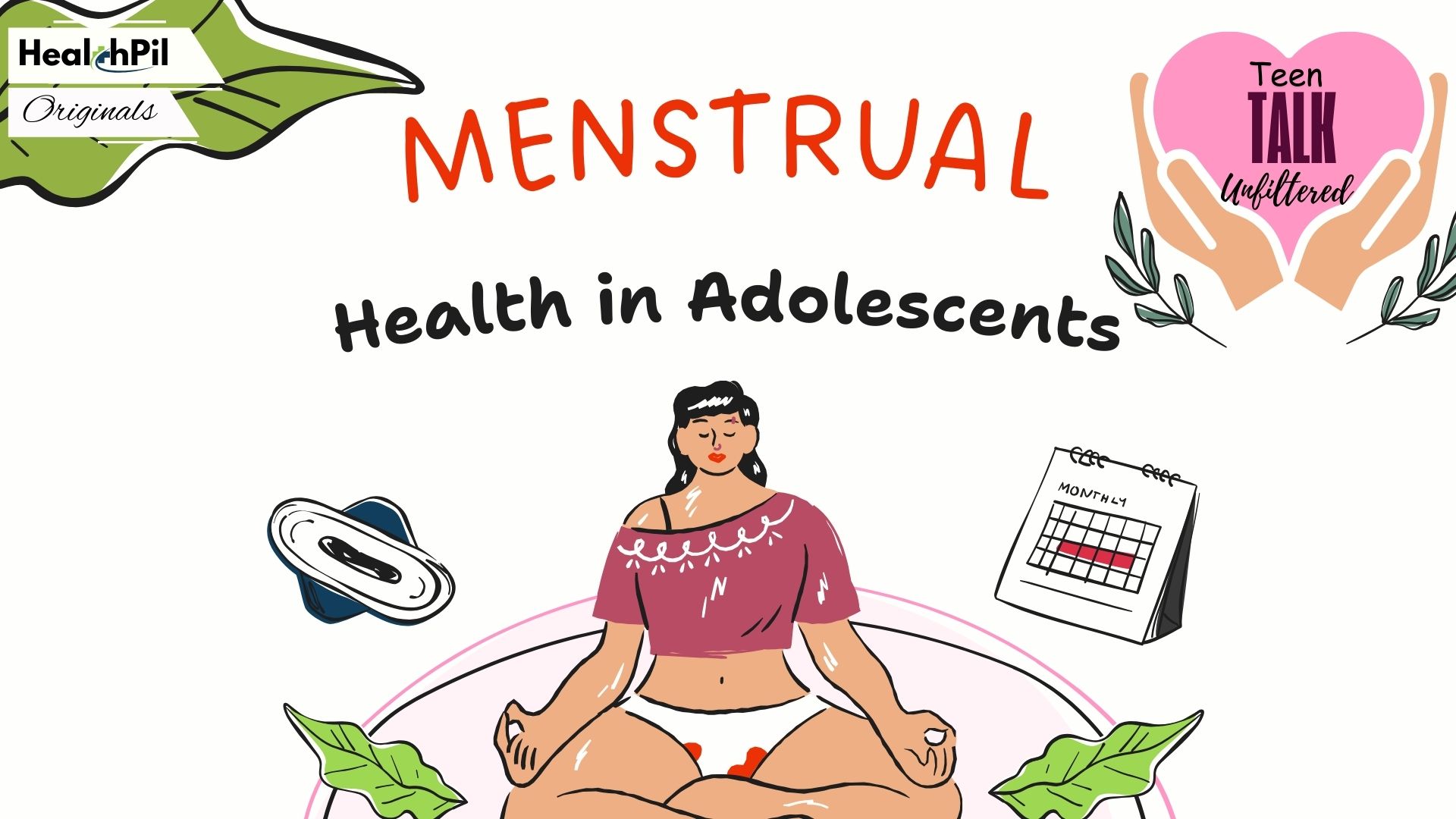
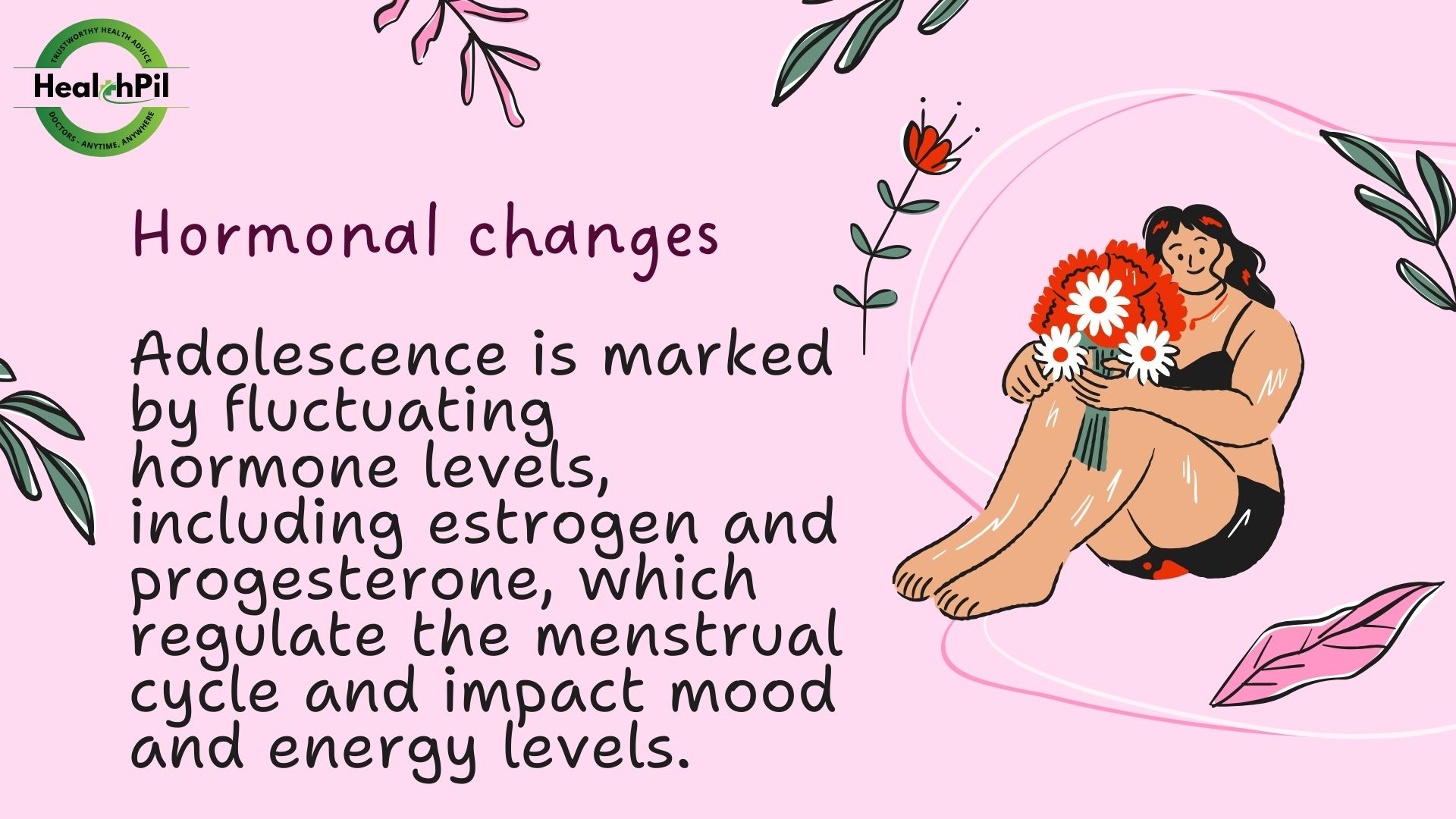
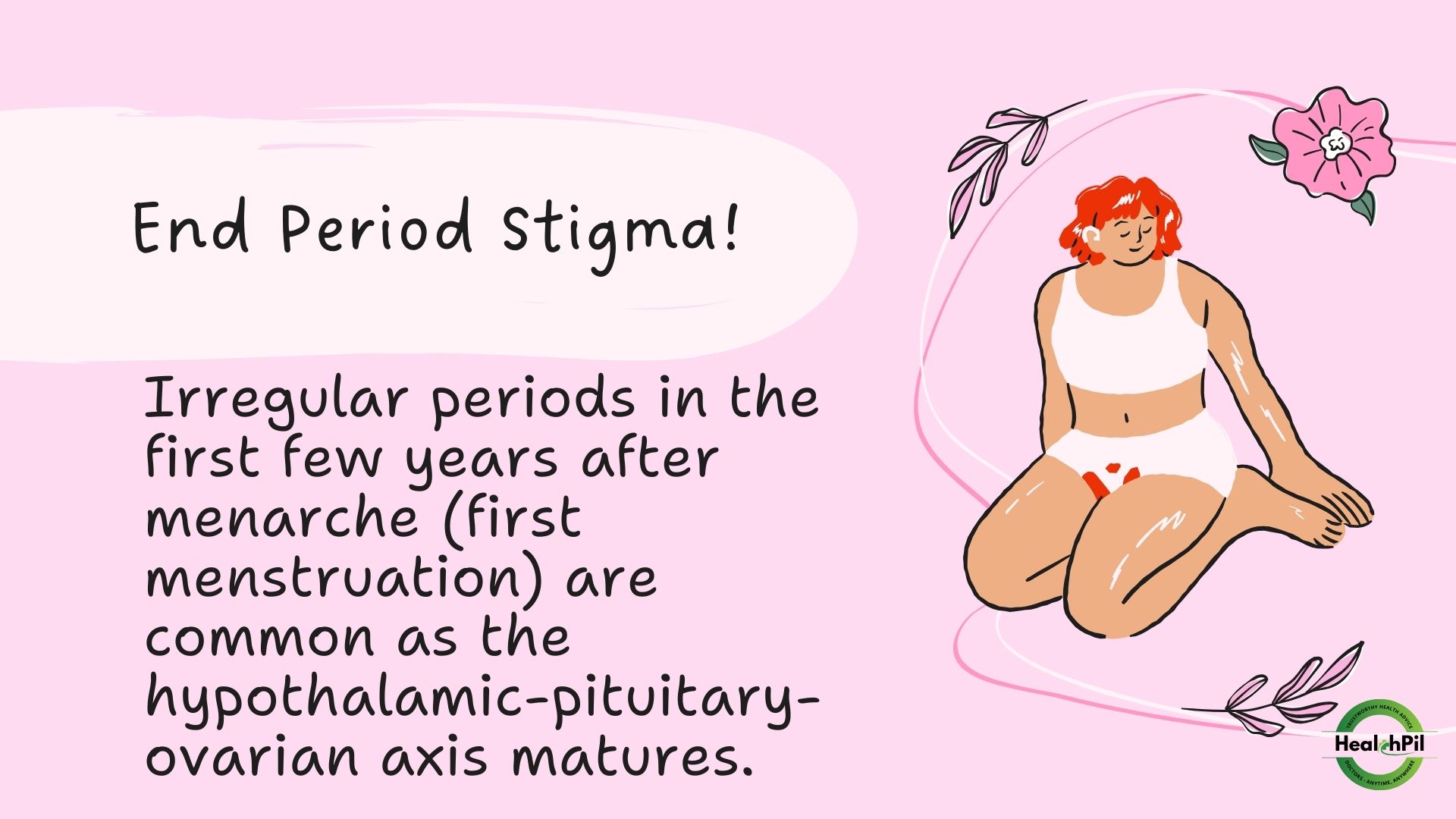
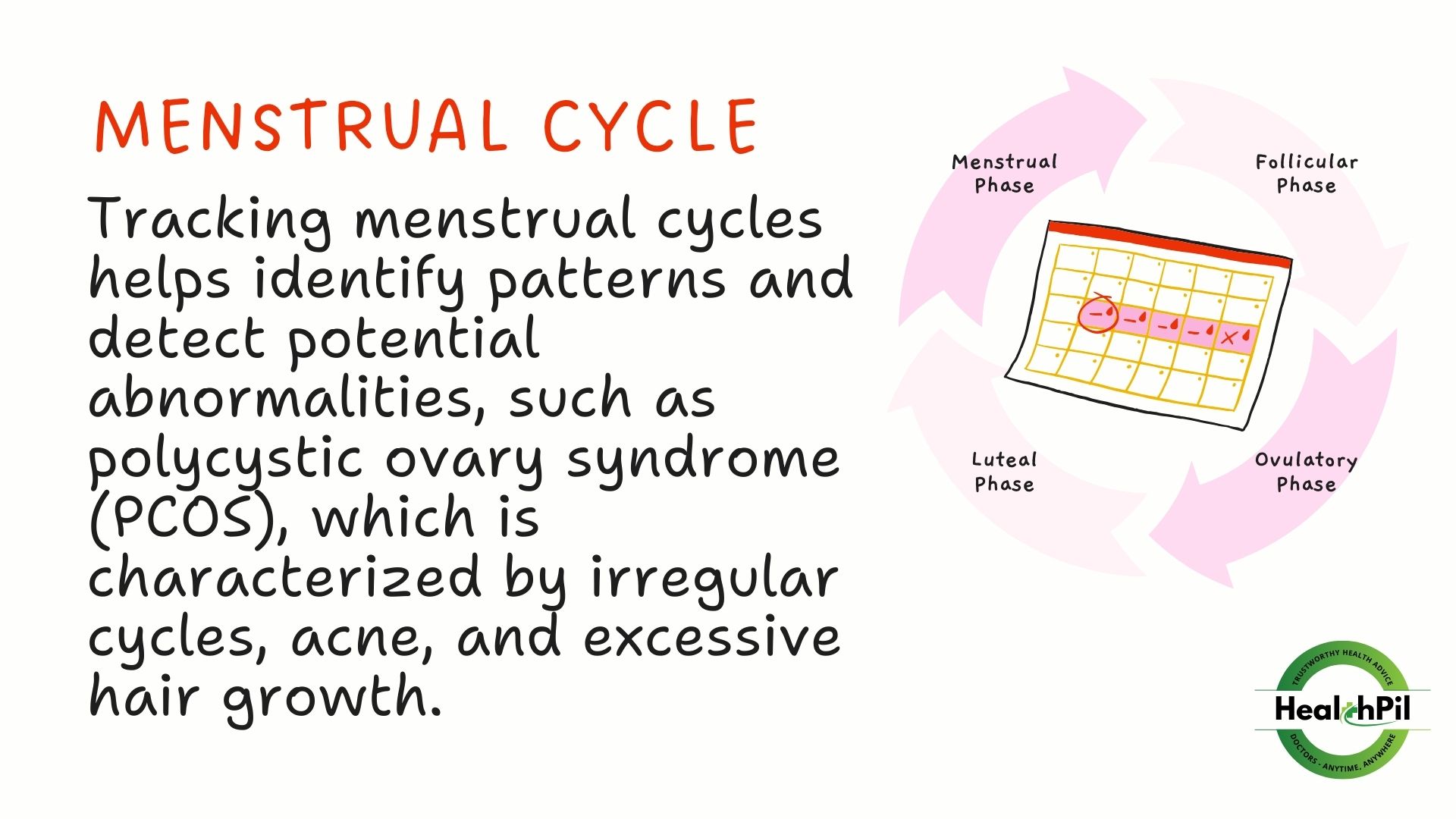
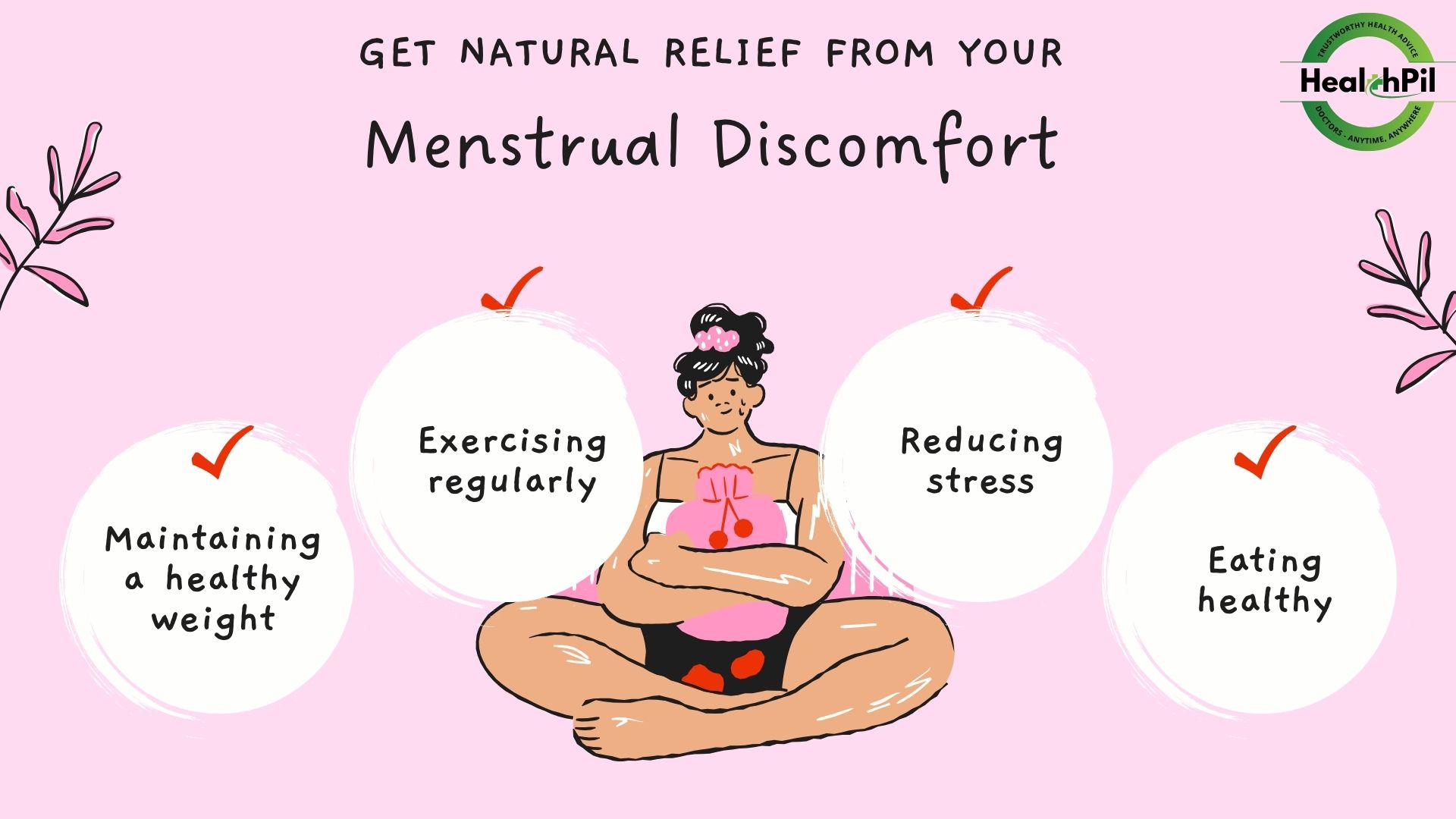
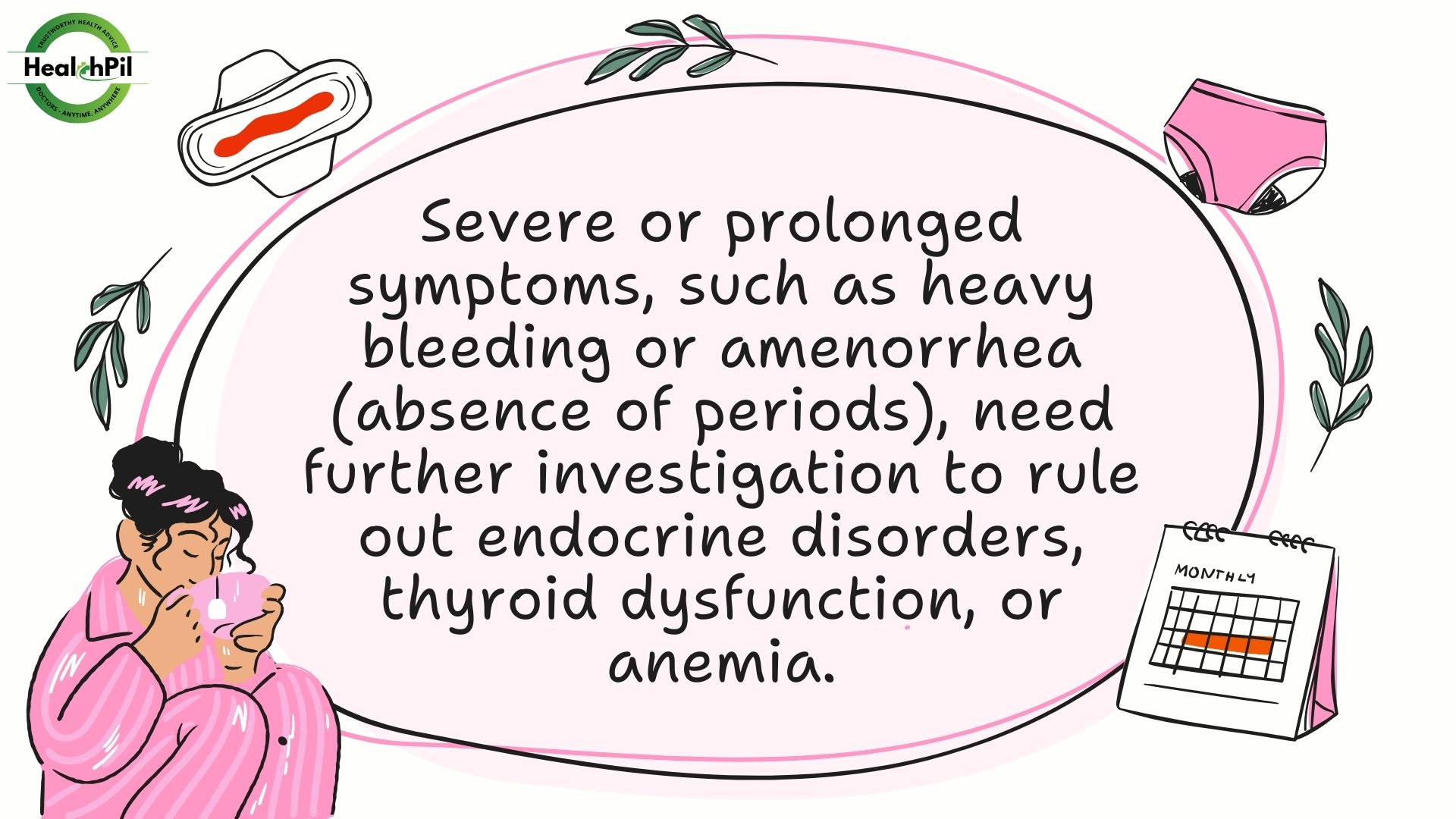
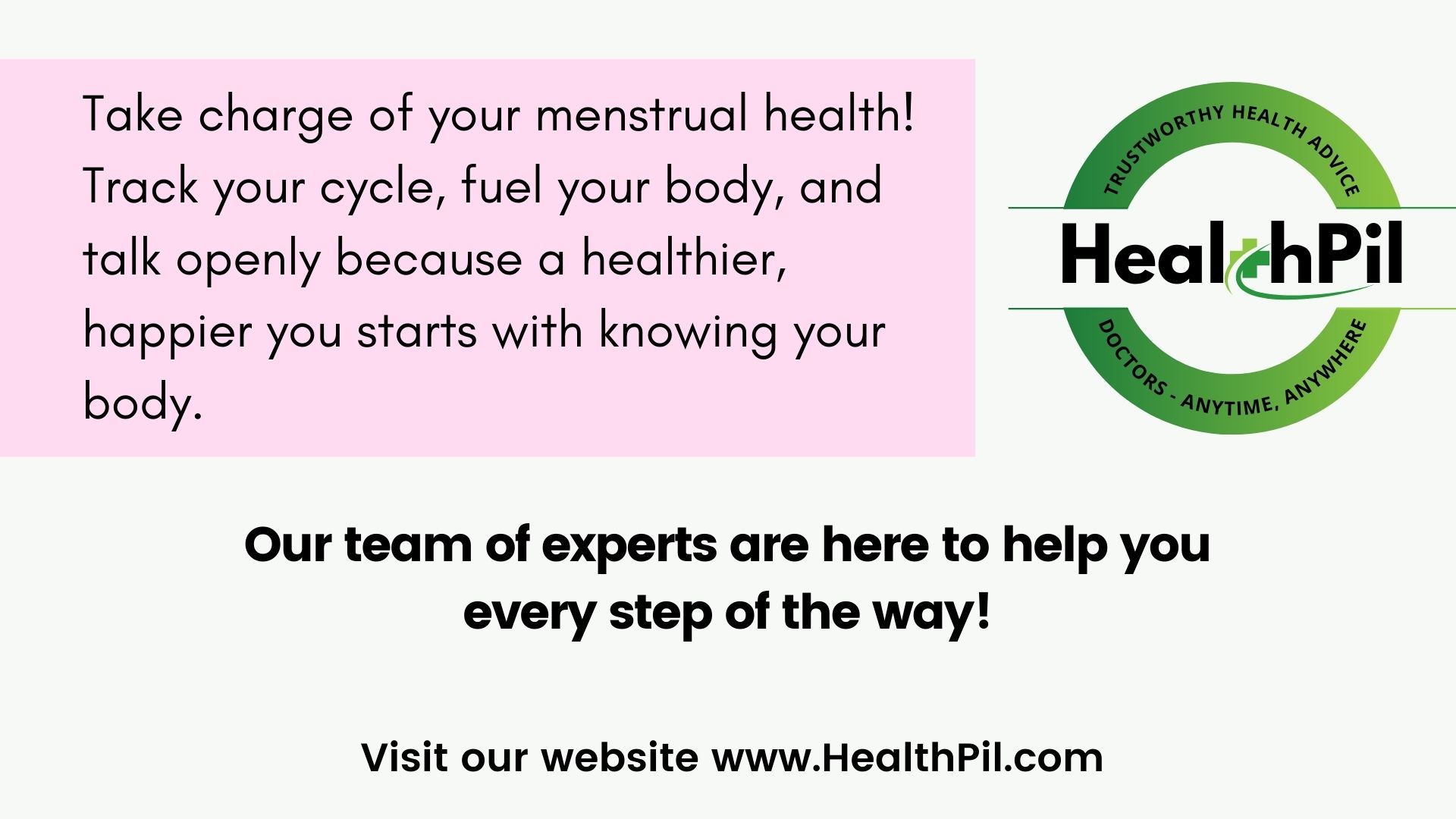
Tara, a 16-year-old, was struggling with irregular periods and mood swings. Concerned, her parents took her to a gynecologist, suspecting it might be PCOS (Polycystic Ovary Syndrome). After a thorough check-up and hormone tests, the doctor reassured Tara that her symptoms were part of normal puberty, where hormonal changes are common. However, the doctor advised Tara to make some lifestyle adjustments, such as regular exercise, a balanced diet, and stress management to support her overall health.
What Exactly is PCOS?
PCOS is a hormonal imbalance that affects around 10% of women in their reproductive years. Common symptoms include:
● Irregular Periods: PCOS can disrupt ovulation, causing missed or irregular periods.
● Excessive Hair Growth: High levels of androgens can lead to unwanted hair growth on the face, chest, and back.
● Acne and Oily Skin: Hormonal shifts can worsen skin conditions.
● Weight Gain: Insulin resistance linked with PCOS may make weight management harder.
● Polycystic Ovaries: Enlarged ovaries with cysts are visible on an ultrasound.
Normal Hormonal Changes vs. PCOS
While adolescence comes with its fair share of hormonal ups and downs, understanding the difference between typical hormonal fluctuations and PCOS is key:
● Adolescent Changes: Irregular periods are quite common as the body adjusts post-menstruation, and it may take a few years for the hormonal system to stabilize.
● PCOS Symptoms: If the symptoms—like long gaps between periods, excessive hair growth, or severe acne—persist or worsen, it may be time to get checked for PCOS or another hormonal disorder.
How Lifestyle Can Help
Whether dealing with natural hormonal changes or PCOS, lifestyle plays a big role in managing symptoms. Tara found that the following helped her:
● Healthy Diet: Eating well-balanced meals with fruits, vegetables, and lean proteins supports hormone regulation.
● Exercise: Regular physical activity boosts insulin sensitivity and helps manage symptoms.
● Managing Stress: Tara found that simple mindfulness practices, like deep breathing and taking a few moments to relax, really helped her handle mood swings and keep her hormones in check.
● Keeping track of Cycles: By noting down her periods, Tara could spot anything unusual early on, making it easier to know when to reach out for advice.
When to See a Doctor
If you experience any of these symptoms for a prolonged period, it’s important to consult a healthcare provider:
● Heavy or prolonged bleeding
● Missing periods for over three months
● Sudden weight gain or excessive hair growth
● Persistent acne that doesn’t improve with regular treatments
FAQ: Addressing Common Concerns
Can irregular periods always mean PCOS?
Not necessarily. Irregular cycles are common in adolescence and may normalize over time. Persistent issues require medical evaluation.
Is PCOS curable?
PCOS is a manageable condition with lifestyle changes, medications, and support. Early intervention improves outcomes.
Does stress affect menstrual cycles?
Yes, stress can disrupt hormonal balance, leading to irregular periods. Stress management is key to overall health.
Should adolescents take hormonal medications for irregular periods?
Only when prescribed by a doctor. Non-pharmacological interventions are often the first line of management.
Conclusion
Tara’s story reminds us how vital it is to understand hormonal shifts during adolescence and know when to seek medical advice. With the right lifestyle choices and timely medical guidance, managing hormonal health can be much easier. Whether it’s just puberty or something more, it’s essential to stay informed and seek help if needed.
How HealthPil Can Help
At HealthPil, we connect you with expert gynecologists who provide personalized advice and treatments for menstrual and hormonal health. Our platform empowers young women to navigate adolescence with confidence and care.

